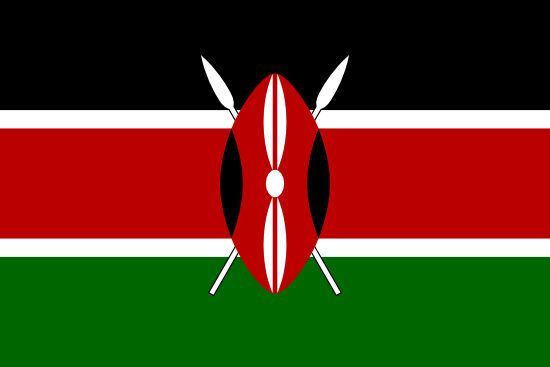-
What is biodiversity conservation, and why is it important in Kenya?
- Biodiversity conservation refers to the protection and sustainable management of the variety of life forms, ecosystems, and genetic resources on Earth. In Kenya, it's essential because the country is home to a wide range of unique and endangered species, and healthy ecosystems provide essential services like clean water, food, and climate regulation.

- Biodiversity conservation refers to the protection and sustainable management of the variety of life forms, ecosystems, and genetic resources on Earth. In Kenya, it's essential because the country is home to a wide range of unique and endangered species, and healthy ecosystems provide essential services like clean water, food, and climate regulation.
-
What are the major threats to biodiversity in Kenya?
- Key threats include habitat destruction due to deforestation and urbanization, poaching and illegal wildlife trade, climate change, pollution, and unsustainable land use practices.
-
How does Kenya combat poaching and illegal wildlife trade?
- Kenya employs various strategies, including anti-poaching units, wildlife law enforcement, and international collaborations. The country has also implemented stringent penalties for wildlife-related crimes.
-
What are Kenya's flagship species in terms of conservation?
- Kenya's flagship species include the African elephant, rhinoceros (both black and white), lions, cheetahs, giraffes, and various bird species like the African crowned eagle.
-
What role do local communities play in biodiversity conservation in Kenya?
- Local communities are crucial partners in conservation. They often participate in community-based conservation projects, engage in sustainable resource management, and benefit from ecotourism initiatives.
-
What protected areas are available for wildlife conservation in Kenya?
- Kenya has numerous protected areas, including national parks, reserves, and sanctuaries, such as Maasai Mara, Tsavo, and Amboseli, that are dedicated to wildlife conservation.
-
How does Kenya address human-wildlife conflicts?
- Strategies include compensation for losses, community-based initiatives like building wildlife corridors, and the development of deterrent methods to reduce conflict.
-
What is the role of ecotourism in biodiversity conservation in Kenya?
- Ecotourism generates revenue for conservation efforts and provides local communities with livelihoods, encouraging them to protect wildlife and their habitats.
-
Are there international collaborations for biodiversity conservation in Kenya?
- Yes, Kenya collaborates with international organizations, NGOs, and governments to access funding, expertise, and support for various conservation projects.
-
Does Kenya have plans to combat climate change and its impact on biodiversity?
- Yes, Kenya has climate change mitigation and adaptation strategies that aim to reduce the impact of climate change on biodiversity and ecosystems.
